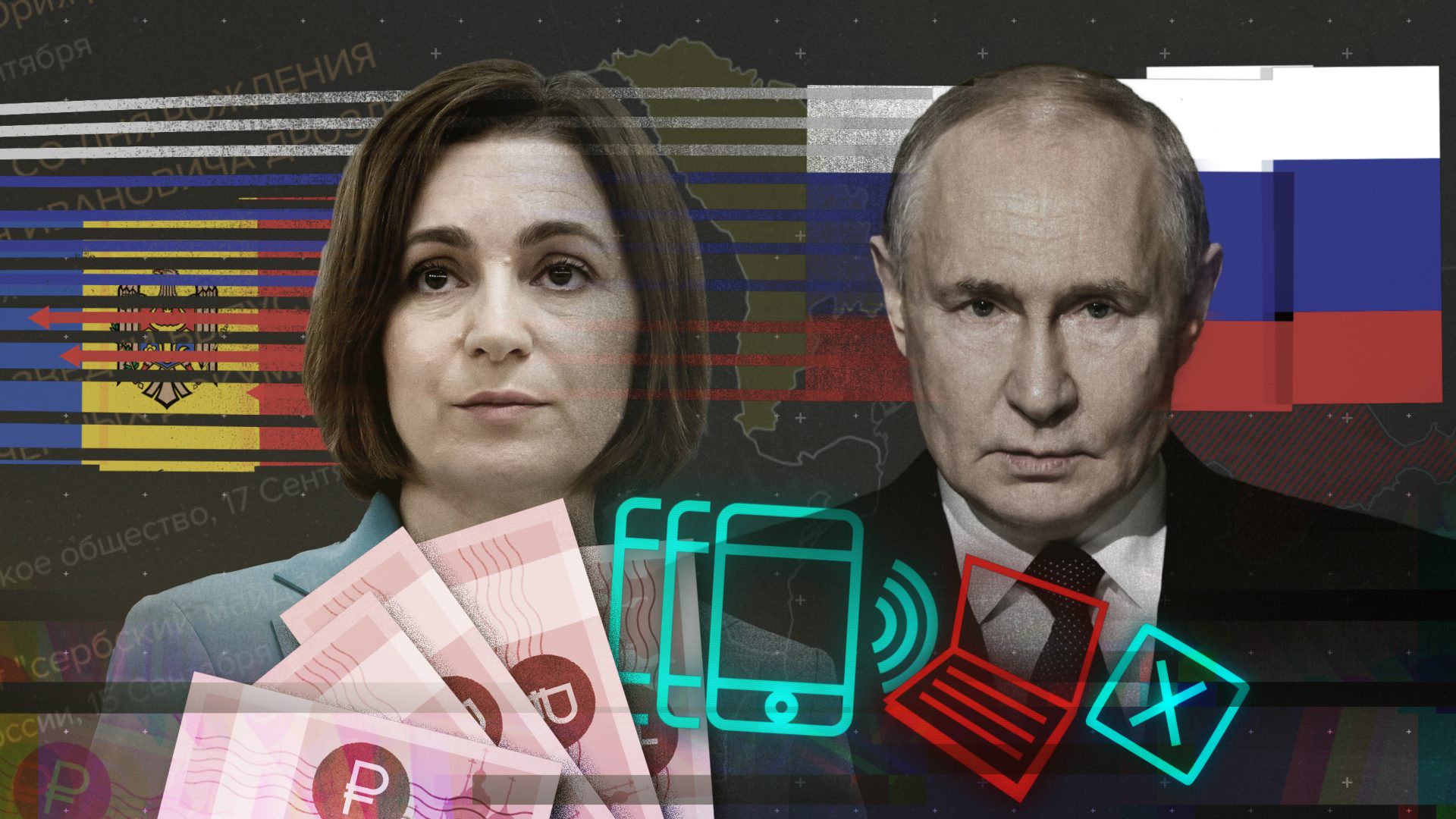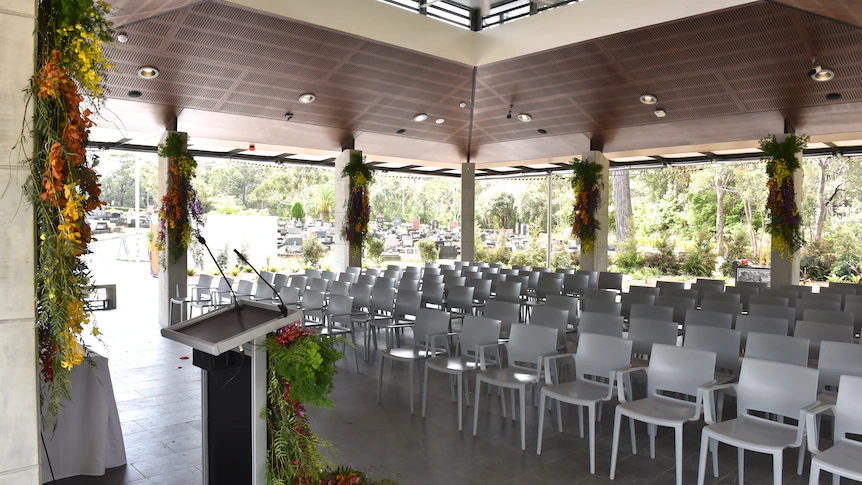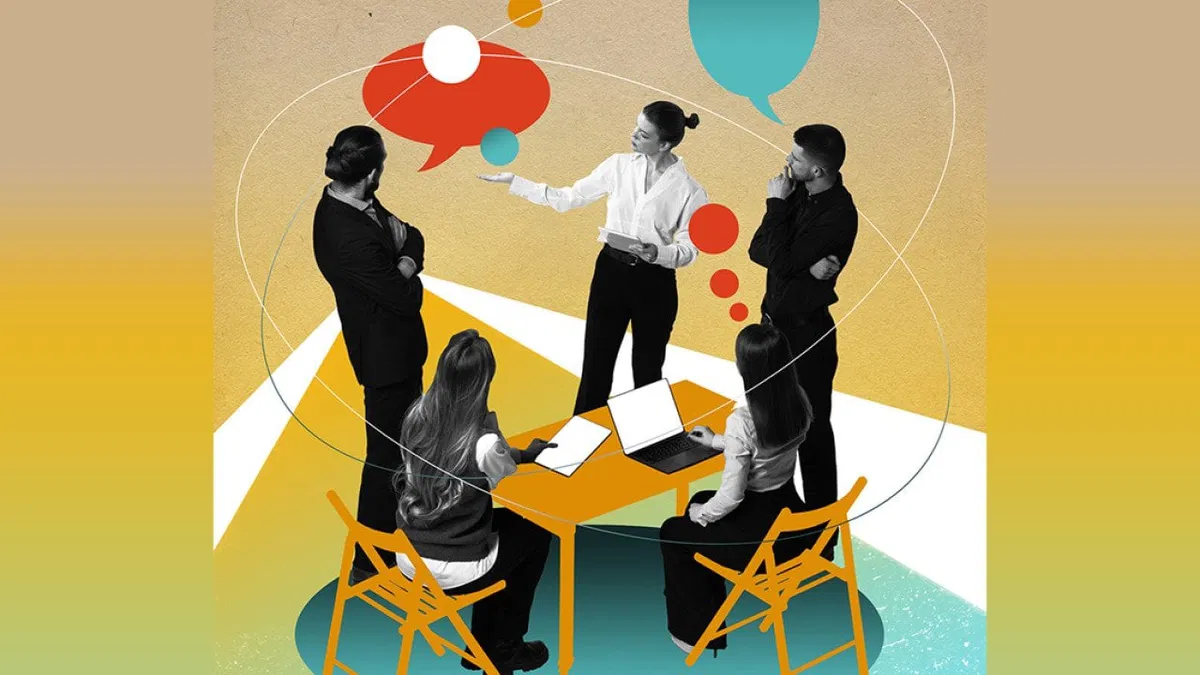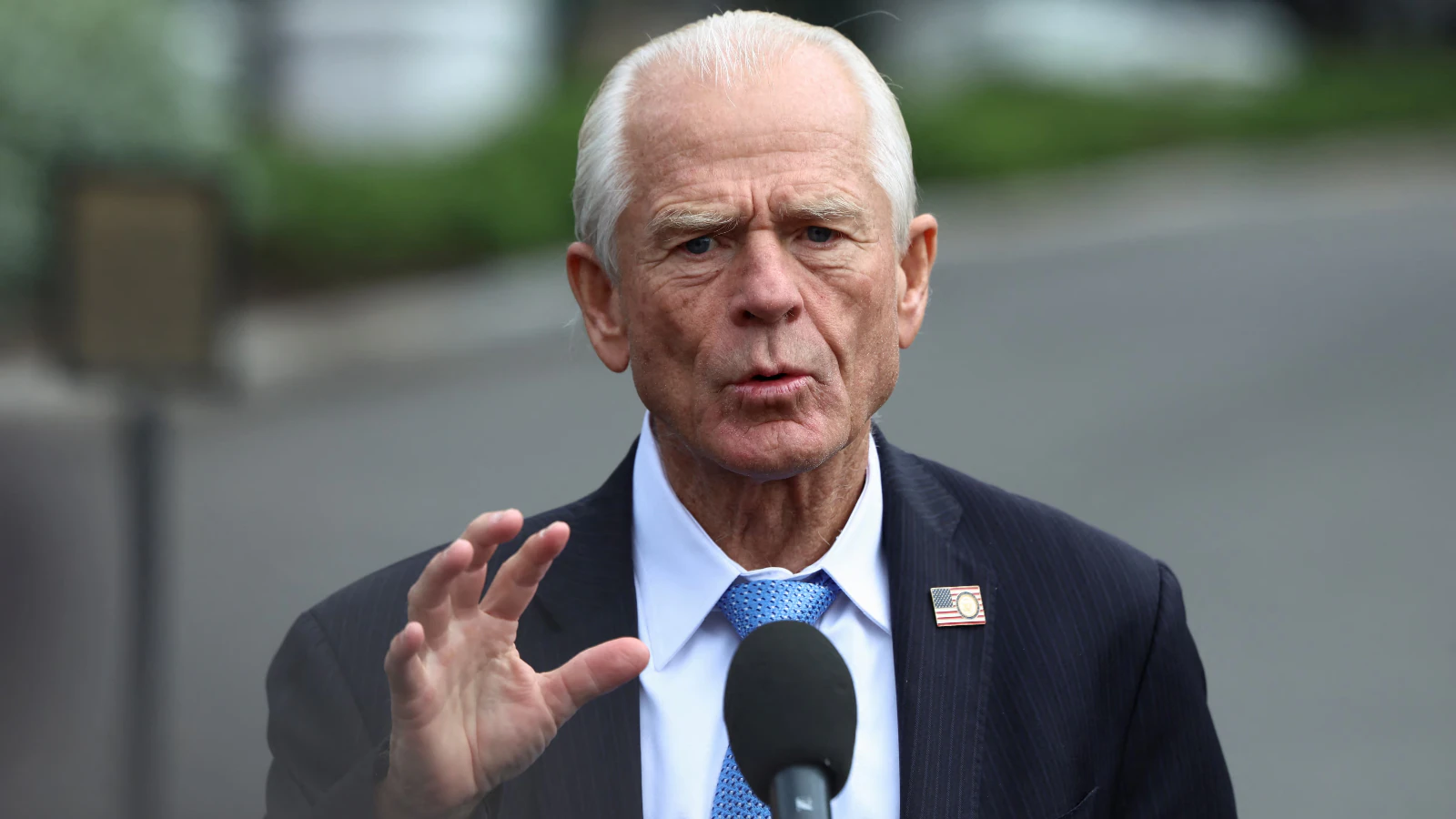By Kiran Moodley
Copyright channel4

The words on the police car window read: “Nu te juca cu votul, că vei pierde totul.”
The message isn’t about phone theft or shoplifting. It’s an election warning.
“Don’t play with your vote, or you’ll lose everything.”
Here in Moldova ahead of parliamentary elections this Sunday, Russia is accused of major interference, pumping millions of euros into the country in an attempt to destabilise a fragile, young democracy that neighbours Ukraine. The government here, backed up by the West, including Britain, say that the Kremlin is paying people to vote, to protest and to spread misinformation online. Raids took place this week, with 74 people arrested, accused of being trained by Russia to stage riots before and after the election.
Before the vote on September 28, both President Maia Sandu and Prime Minister Dorin Recean have addressed the nation, warning citizens that they are under siege from Moscow. They were backed in their call by Volodymyr Zelenskyy at the United Nations.
“For Europe,” he said, “supporting Moldova’s stability is not costly, but failing to do so would come at a much higher price.”
Moldova has been here before. Last year, the country held both a presidential election and a referendum on joining the EU. President Maia Sandu, whose party PAS is overtly pro-European, won re-election and the country narrowly voted in favour of EU membership. Authorities afterwards reported that more than 130,000 voters were paid to back Sandu’s opponent or vote “no” to the EU.
Nataliya Zaharescu is a journalist at Ziarul de Gardă who helped expose Russia’s campaign. Last year, she infiltrated a group where people were being paid to vote and protest. “We saw how people were getting money from Russia, from a Russian bank, Promsvyazbank Bank,” she said. “They were trying to win these people’s loyalty because they were starting to pay a monthly salary several months before the election.”
That network she gained access to was tied to Ilan Shor, a Moldovan oligarch who fled to Moscow in 2018 after he was convicted of fraud and money laundering. His political party was banned by the courts, but he still likes to get involved. In August, he offered Moldovans $3,000 a month to join protests against the government.
This interference is blatant. Even though Nataliya revealed her identity last year when she first published articles about Shor’s network, her alter ego was still later invited to a new campaign. Now, they were being given scripts and talking points to use in videos and messages on platforms on social media, always spouting anti-EU propaganda and railing against Sandu and the PAS government. Nataliya said: “They started to say openly that we will pay you for your effort and that the payments are directly from Moscow.”
“We saw how people were getting money from Russia, from a Russian bank. They were trying to win these people’s loyalty because they were starting to pay a monthly salary several months before the election.”
– Nataliya Zaharescu
The think tank WatchDog has been monitoring this Kremlin network and found a propaganda network of more than 900 accounts across several social media platforms. Co-founder Andrei Curararu says it’s bigger than ever before.
I asked him what exactly is being spread. “I think that last year (during the elections) it was a lot about neutrality, about Moldova losing sovereignty if it’s going to go towards the EU,” he said. “This year it’s about weaponising the social grievances of the people in Moldova.
“They use a lot of traditional values… that we’re going to lose elements of our culture, and also they are targeting a lot of LGBTQ+ communities.” For example, in one of the most bizarre posts, they created a rumour that Maia Sandu bought sperm from Elton John.
“If you’re buying votes, if you’re sending money for disinformation, you’re not following the national interest of Moldova and that’s why we’re calling them out on it. If you are weaponising history and religion, you don’t have the best interest of the Moldovans at your heart.”
“This year it’s about weaponising the social grievances of the people in Moldova.”
– Andrei Curararu
Curararu says this election is pivotal for Moldova’s path to the EU and that they could take gigantic steps towards that goal in the next four years of this parliament. And that is why Russia is ramping up its campaign.
The Kremlin, of course, continues to argue that they are not involved and that this is anti-Russian hysteria. And the pro-Russian elements within Moldova appear to be successfully coming up with a counter-narrative: that democracy is under threat not from Moscow, but the present pro-EU government.
In response to Moscow’s meddling, Moldova’s electoral commission has banned certain political parties, with one group, Heart of Moldova, removed from the list on Friday, just two days before the vote. And back in August, a pro-Kremlin regional leader was jailed for seven years for financing her party with funds from Russia.
With certain individuals now in jail, we went to a protest outside one prison where dozens of mainly elderly people were railing against the government’s clampdown. With some among the crowd looking rather uninterested, I couldn’t help but be reminded of Shor’s offer to pay people to protest. Were people here because they wanted to be – or because money was on the line?
“No, we do not receive anything, except for the necessary water, which is given every day to all protesters,” said one woman when I asked. Another man also denied any bribery. “The situation in the republic is such that we need to go out and protest.”
This is the argument now being chanted at protests like this and on posts online. That with Moldovan authorities banning parties and arresting politicians – in the name of preserving democracy – they are actually silencing dissent and eliminating free speech.
I met Andrei Popa at the protest. His party is also banned in this election because of his ties to Ilan Shor and he’s accused of being a threat to national security. I put those claims – and what Natalia discovered – to him.
“A big part of what you are saying is fake news created by the governing party in order to denigrate the entire opposition. The fact that Ilan Shor is paying for the vote or for the protest is not true. They try to say that the Kremlin regime is to blame for everything in the Republic of Moldova.”
Is that just a Russian talking point or what some here actually believe? That PAS are the true enemies of democracy and that Moscow poses no threat to them?
Gagauzia, in the south of the country, is where Russian propaganda mixes with Russian nostalgia. Moldova was once part of the USSR and there are still parts of the nation where Russian is spoken over Romanian, the language in Moldova. Here, they voted overwhelmingly, 95%, against joining the EU last year.
“The fact that Ilan Shor is paying for the vote or for the protest is not true.”
– Andrei Popa
One woman told me she had actually voted for Maia Sandu before, but “in recent years it’s been very difficult for us and we want to change the government”. I said that the economic picture was difficult because of the war in Ukraine next door. “You know, I’m not afraid if Russia is here, because I lived during the Soviet Union. I know Russia, I know the Russians.”
She and another man told me that any money that has come from Moscow was not about bribes for votes, but simply money to pensioners struggling to pay their bills. For them, there’s nothing wrong with that.
“According to the constitution of the Republic of Moldova, Moldova is a neutral state, independent and sovereign. PAS wants to pull us into Europe against Russia. We don’t like it.”
In Gagauzia, I speak to Mihail Sirkeli, who set up an independent news website here. He explains the two sides of the electorate in Moldova. “We have two bubbles. There’s one bubble, which is pro-Russian. And a bigger bubble that voted for Maia Sandu last year. But this smaller, pro-Russian bubble is very much consolidated. It’s like Gagauzia. Russia made this bubble very hard, you cannot get in, they don’t listen to your arguments. But the other bubble, which votes pro-European, it’s not so solid. And they (Moscow) can start influencing it.”
Four years ago, PAS won an outright majority, with nearly 53 percent of the vote and securing 63 seats in parliament. This time, it looks a lot tighter, and they might have to govern in a coalition. But talking to figures in the party, they don’t want that because they don’t trust any of the other groups that have a chance of getting into parliament. The Patriotic Bloc, their main rival, is overtly pro-Russian, while the Alternative Bloc presents itself as more European friendly but also has ties to Moscow.
“We have to have a pro-European majority in the parliament, so that we continue to implement reforms and to complete our integration process into the European Union,” Prime Minister, Dorin Recean, tells me.
But given the economic picture in Moldova has not been great, does he worry that this vote might be about the cost of living rather than east versus west? “We stabilised the economy and people understand that the Russian war in Ukraine has had its effect on the economy, on the standards of living. I’m coming back to the fact that these elections are about Russian malign interference in order to deter Moldova from its path, but also to use Moldova in the current geopolitical context against Ukraine and against EU countries.”
Moldova’s government believes that if a pro-Russian government came into being here, Moscow would use that as an opportunity to send more troops into Transnistria, the breakaway region in the east of Moldova where they already have 1,500 troops stationed.
Conversely, the Russian intelligence service this week claimed the opposite, that a pro-European victory on Sunday would result in protests in the streets by the pro-Russian community that would then be suppressed via Nato forces that would march in from Romania.
“We have to have a pro-European majority in the parliament, so that we continue to implement reforms and to complete our integration process into the European Union.”
– Dorin Recean
Mikhail in Gagauzia put it simply. “If the pro-democratic, pro European part of the society loses this election, we’re done and Moldova becomes part of Russia for many years, maybe centuries. If the pro-European forces win these elections, then we have a chance to continue our democracy and develop it.”
Read and watch more



